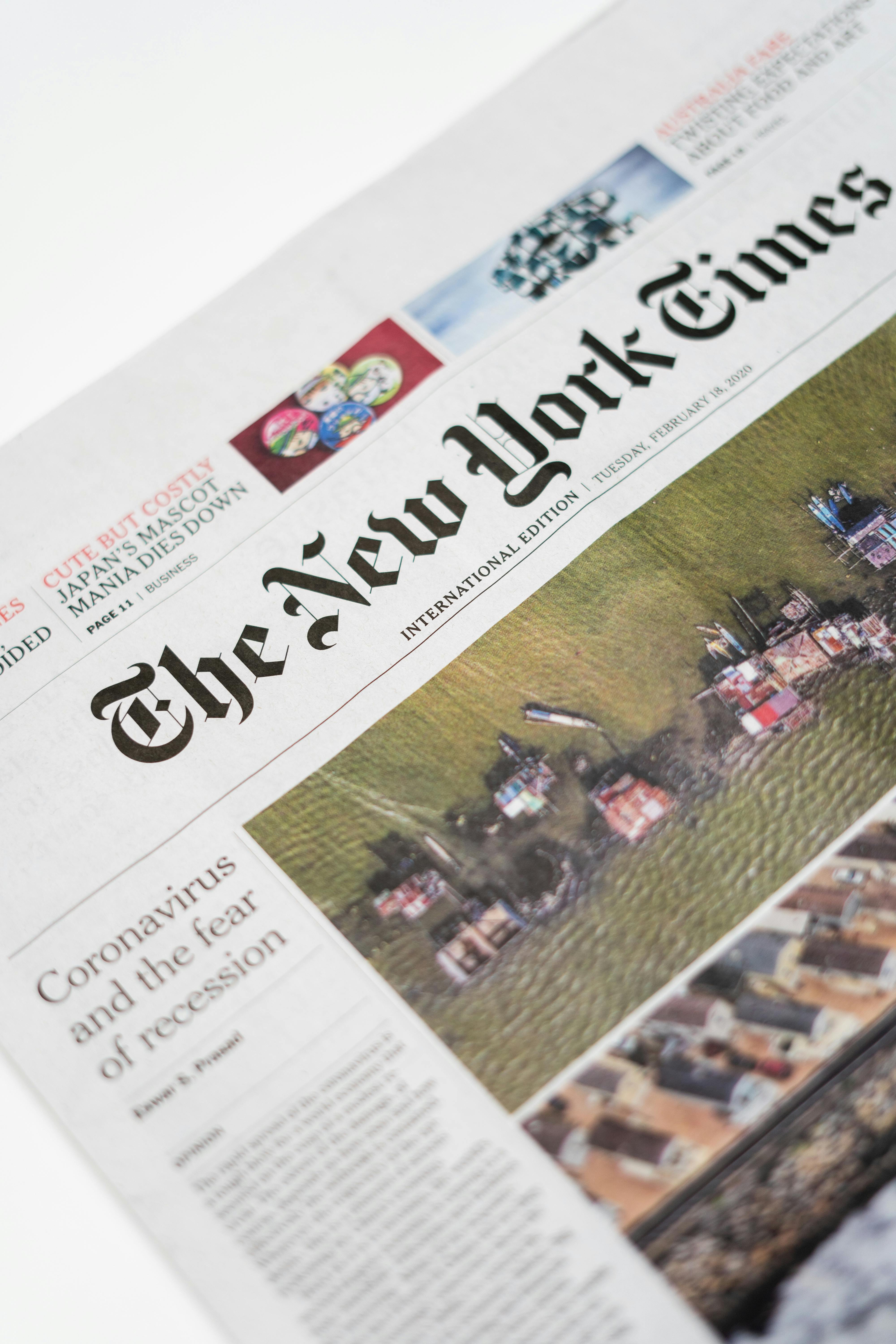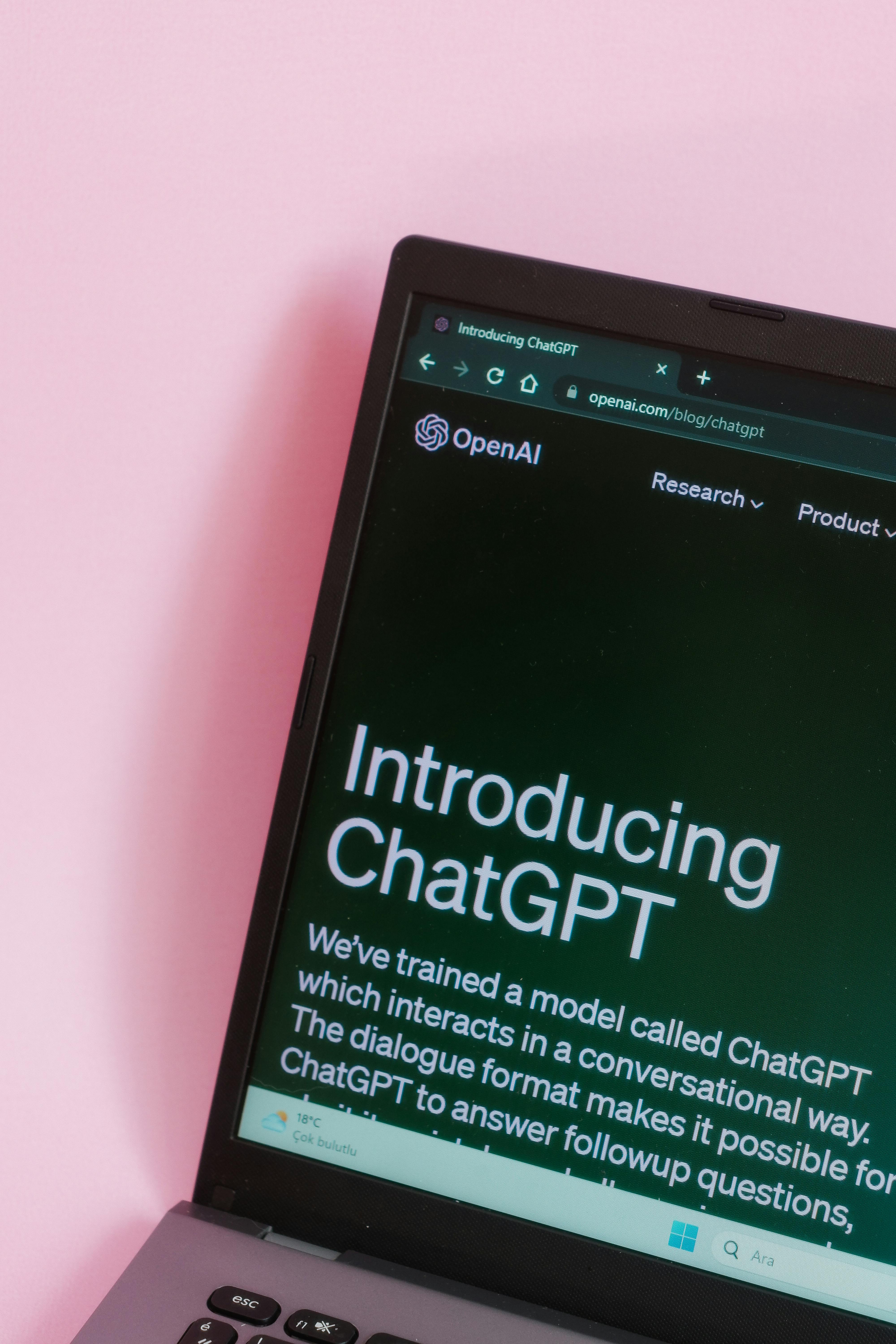The Future of Artificial Intelligence (AI) and Copyright Protection on the Internet
‘The New York Times’ takes OpenAI to court. ChatGPT’s future could be on the line.
‘Microsoft, GitHub, OpenAI Hit with Code Copyright Lawsuit.’
‘Meta’s AI training under fire: Copyright Infringement allegations.’
Such headlines can be found in the world’s media covering AI and copyright issues. In fact, this is a serious problem that could lead to huge changes, including in copyright protection.

‘New York Times’ sues ChatGPT OpenAI creator, Microsoft for copyright infringement
Going by the data, the publisher’s legal team claims, ChatGPT and Microsoft profited from journalistic works that were scanned, processed and recreated without payment or consent. Microsoft has incorporated OpenAI technology into its Bing search engine.
“This is substitution,” said Times attorney Ian Crosby, meaning that ChatGPT and Bing have become for some people a substitute for the publishers’ original work. That point, if proven, is key to winning a copyright infringement case.”
In court documents, Crosby wrote that “OpenAI’s unlawful use of The Times‘ works to create competing artificial intelligence products jeopardizes The Times’ ability to provide those services.” – says npr.org
Meta, the parent company of Facebook and Instagram, is facing a class action lawsuit for allegedly using pirated materials to train its artificial intelligence models, including LLaMA, without permission or proper licensing. The lawsuit alleges that Meta used more than 81TB of pirated ebooks from shady libraries like Anna’s Archive, Z-Library, and LibGen to teach its AI to respond to human cues.
The situation escalated when court documents revealed that despite internal concerns among Meta employees about the use of pirated content, the company continued to torrent (download) pirated books. This raises questions about the company’s practices and the broader ethical aspects of using copyrighted material without a license. – Says ensafrica.com
GitHub, Microsoft and OpenAI are facing a class action lawsuit over allegations that their artificial intelligence-based coding tool Copilot copies other people’s code.
The 56-page lawsuit filed in the U.S. District Court for the Northern District of California alleges that Copilot, designed to automatically fill in code snippets, “violates the licenses chosen by open source programmers and monetizes their code despite GitHub’s promise never to do so.” – Says aibusiness.com

Key former OpenAI researcher subpoenaed in AI copyright case
Alec Radford, a researcher who helped develop many of OpenAI’s key artificial intelligence technologies, has been subpoenaed in a copyright infringement case against the artificial intelligence startup, according to a lawsuit filed Tuesday.
A statement filed by the plaintiffs’ attorney in the U.S. District Court for the Northern District of California indicates that Radford was served with the subpoena on Feb. 25.
Radford, who left OpenAI late last year to pursue independent research, was the lead author of OpenAI’s seminal research paper on generative pre-trained transformers (GPTs). GPTs are at the heart of OpenAI’s most popular products, including the artificial intelligence-based chatbot platform ChatGPT.- Says techcrunch.com
Have you heard about the precedent-setting U.S. court decision in a copyright infringement suit against an artificial intelligence platform?
A U.S. court (in Delaware) recently issued a precedent-setting decision in a lawsuit brought by a copyright owner, media and technology conglomerate Thomson Reuters, against artificial intelligence platform Ross Intelligence. The Delaware court held that the defendant infringed the plaintiff’s copyright and that the defendant was not entitled to any statutory defenses, including reliance on the “fair use” doctrine as a defense.
The court reasoned that Ross Intelligence intended to compete with Westlaw’s database by using content it took from the database, which was not authorized, while simultaneously attempting to create an alternative market for it using a competing search engine. Therefore, the court held that the fair use doctrine did not apply in this case. – Says lexology.com
This U.S. court decision confirms that protection for copyrighted works remains strong even in the era of AI systems, and sends a clear message that AI platform operators are not allowed to do whatever they want with copyrighted works.
Start protecting your copyrighted content until artificial intelligence agents study it for free.